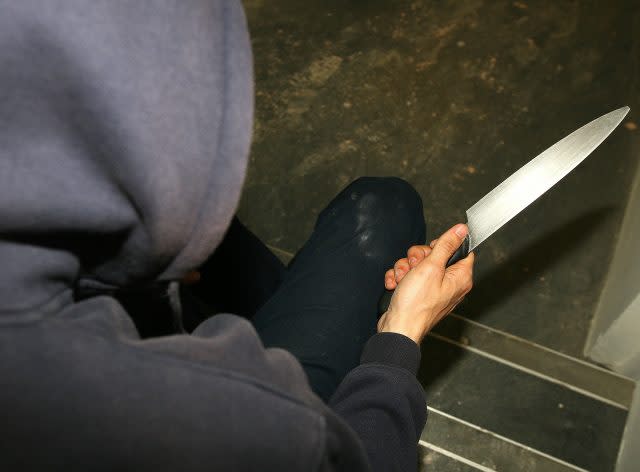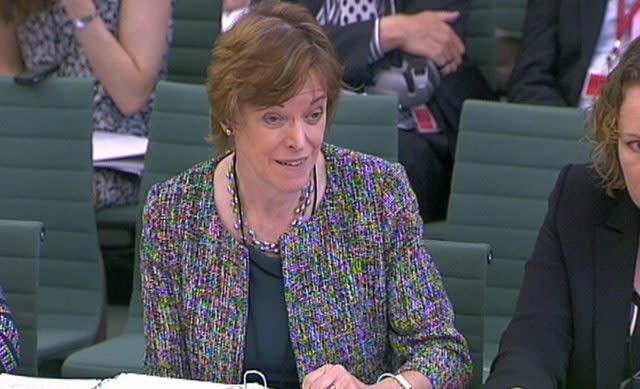Teenagers 'plotting crimes in their bedrooms using social media'

Young criminals are using social media to plan and incite serious offences, the probation watchdog has warned.
Crimes are now plotted by children and teenagers on phones, tablets or computers from bedrooms rather than on street corners, inspectors were told.
Cases include arguments that start online before escalating dramatically into physical assaults, while young people have been blackmailed using indecent images they were pressured to upload.

Social media platforms have also been used for intimidation and gangs post videos to appeal for new members or issue challenges to other groups, according to a report from HM Inspectorate of Probation.
It examined 115 files on cases where youths had committed violent, sexual or other offences.
In one in four of the cases inspected, the perpetrator's use of social media was "directly related" to the crime they had committed, the report said.
Social media was found to be the catalyst for some of the most serious and violent offences.

HM Chief Inspector of Probation Dame Glenys Stacey said: "This is new behaviour. Many of these young people shun Facebook and other common applications, in favour of lesser known and, therefore, more private media.
"We found offence scenarios inconceivable just a few years ago, with social media used to both incite and plan crime."
One youth worker told the review: "Our young people used to hang around on street corners and parks before committing offences.
"Now they sit alone in their bedrooms and get into arguments or plan offences on their phones, tablets or computers."

The report contains a glossary of text messaging "codes" which was provided to youth offending teams in one part of the capital.
Examples include BTW (by the way), POS (parents over shoulder), NIFOC (nude in front of the computer) and TDTM (talk dirty to me).
There are 152 youth offending teams in England and Wales. They supervise 10 to 18-year-olds who have been sentenced by a court or come to the attention of police.
A Youth Justice Board spokesman said: "As the Chief Inspector of Probation rightly recognises, youth offending teams play an important role in supporting young offenders to turn their backs on crime and protect the public.
"We are aware of the risks associated with social media, and have already issued new guidance to support youth offending teams in tackling this issue. We will also carefully consider the recommendations within the report."


